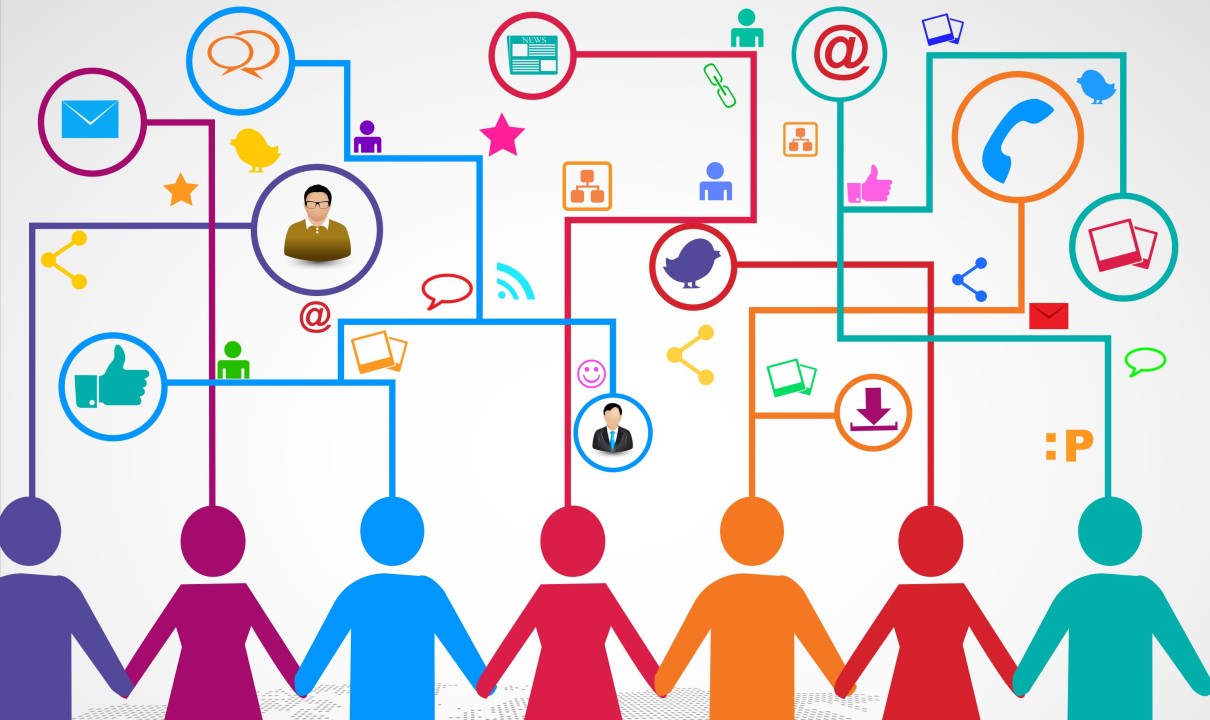1. Digital Campaigning:
- Political campaigns use social media platforms like Facebook, Twitter, Instagram, and TikTok to reach and engage with voters. These platforms provide a cost-effective way to broadcast messages to a broad audience.
2. Targeted Advertising:
- Campaigns can use social media's sophisticated targeting tools to tailor their messages to specific demographics and regions. This precision helps maximize the impact of ad spending.
3. Real-Time Communication:
- Social media allows candidates to communicate with the public in real time. They can address current events, respond to crises, and share their views instantly.
4. Grassroots Mobilization:
- Candidates and supporters use social media to mobilize volunteers, organize events, and encourage fundraising. It empowers grassroots movements and campaign efforts.
5. Viral Campaigning:
- Campaign content that goes viral on social media can significantly amplify a candidate's reach. Memes, videos, and trending topics can shape the election discourse.
6. Fact-Checking and Misinformation:
- Social media platforms play a role in fact-checking political content and combating misinformation. However, the spread of false information remains a challenge.
7. Public Engagement:
- Social media encourages voter engagement, allowing people to discuss political issues, share their views, and participate in online debates.
8. Influencer Endorsements:
- Celebrities, influencers, and thought leaders on social media can use their platforms to endorse and promote candidates, impacting public opinion.
9. Data Analytics:
- Campaigns use data analytics to gain insights into voter preferences, behaviors, and sentiment. This data informs campaign strategies and messaging.
10. Polling and Prediction: - Social media conversations can serve as an informal form of polling, providing a sense of public sentiment. Some organizations use social media data to make election predictions.
11. International Influence: - Foreign actors have been known to use social media to influence elections in other countries, raising concerns about cybersecurity and disinformation.
12. Regulation and Privacy: - Governments are grappling with the need to regulate social media's role in elections while protecting user privacy and freedom of speech.
13. Youth Engagement: - Social media is a powerful tool for engaging younger voters who are more likely to be active on these platforms.
14. Crisis Response: - Social media is a critical channel for candidates to respond to crises, controversies, and unexpected events during campaigns.
15. Monitoring and Transparency: - Campaigns and government agencies monitor social media for potential threats, election interference, and cybersecurity risks.
16. Election Results and Transparency: - Social media platforms often provide real-time election results and updates, helping the public stay informed during election nights.
The role of social media in modern elections is a dynamic and evolving one. It has the potential to amplify voices, mobilize supporters, and influence public opinion. However, it also raises concerns about privacy, misinformation, and foreign interference. As technology and social media continue to advance, their impact on the electoral process will remain a subject of debate and regulation.




Comments (0)